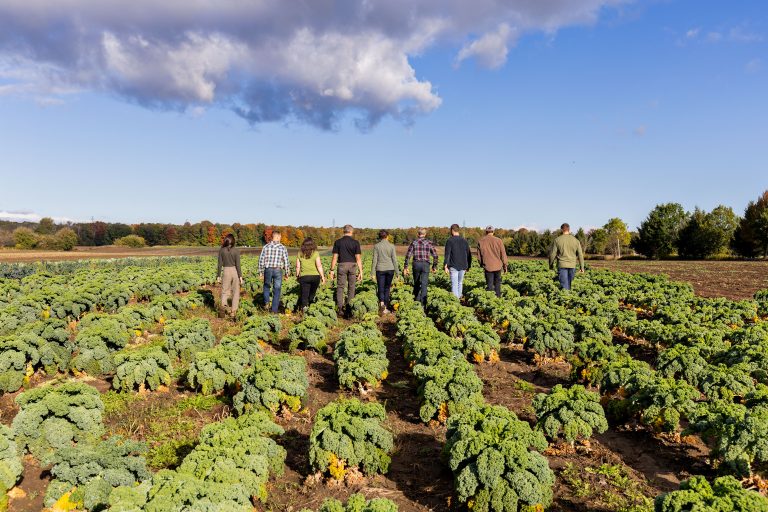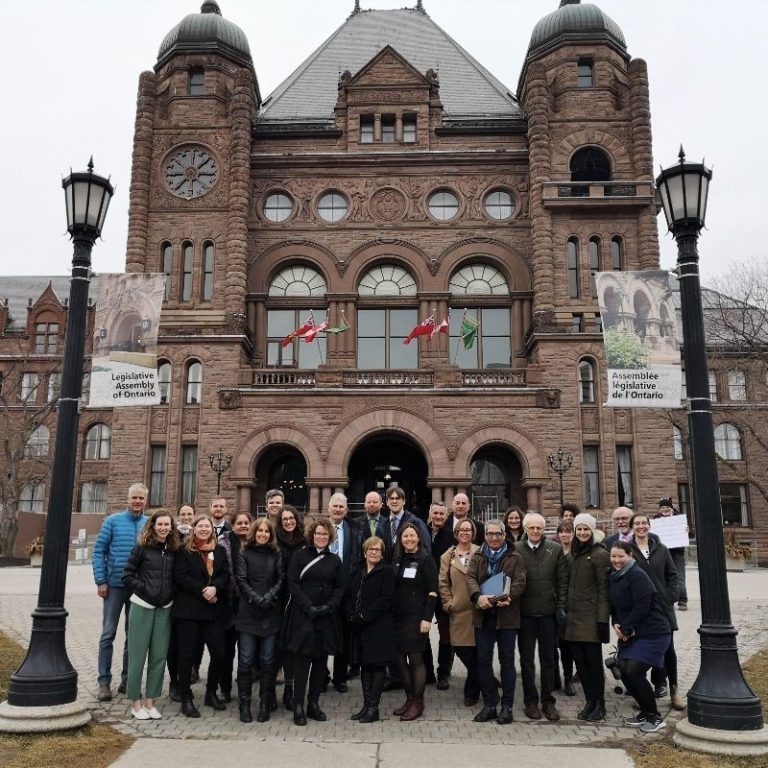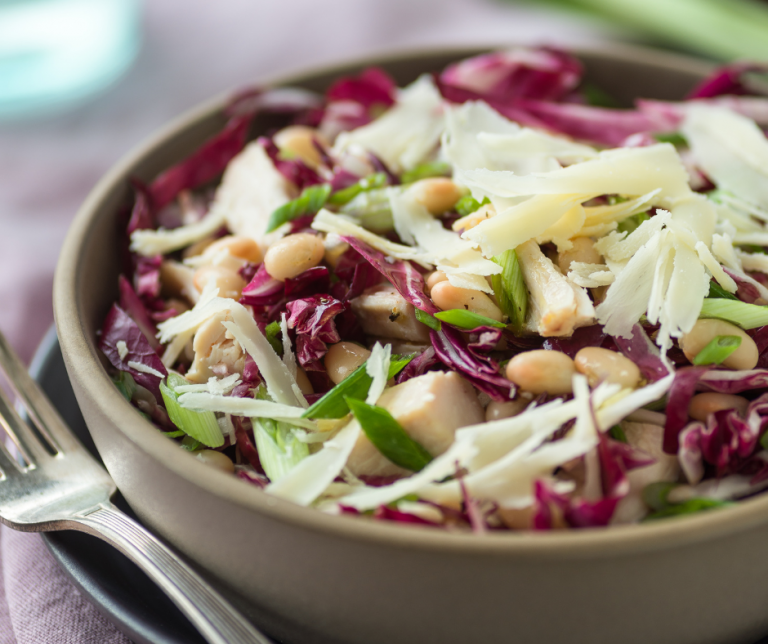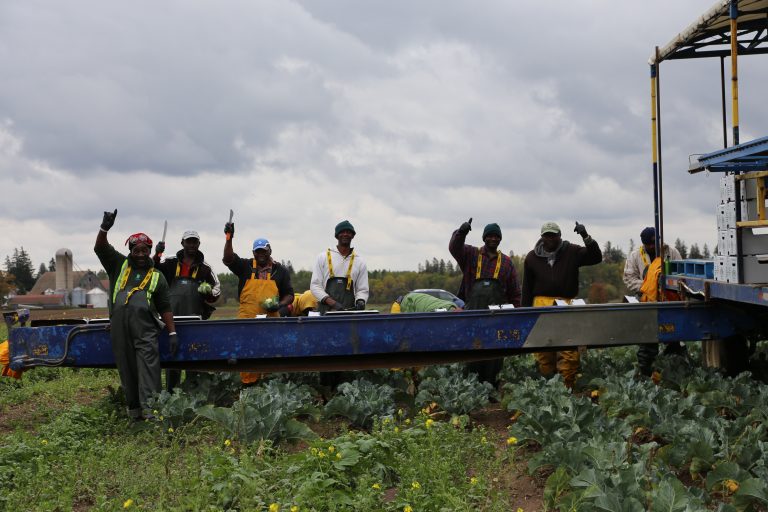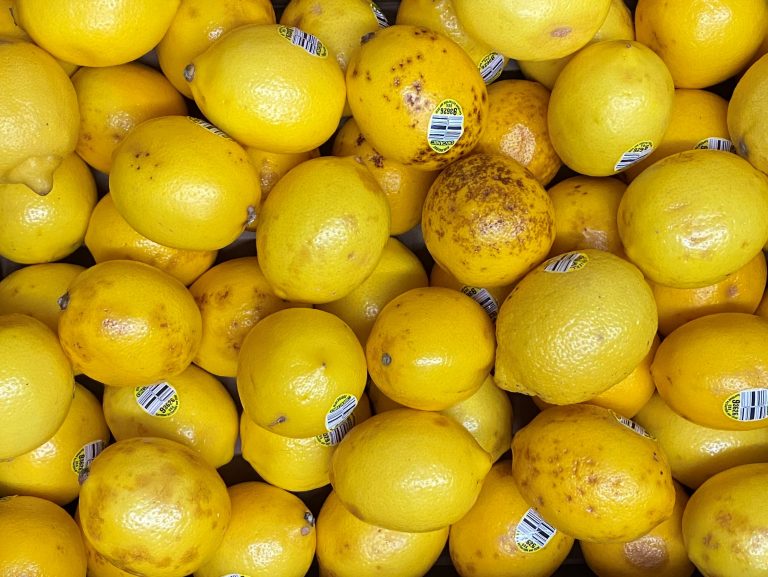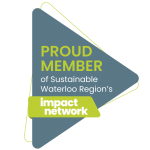Special thanks to Jenn Pfenning for helping make this post a reality!
Discussions on organic agriculture often touch on the health and environmental benefits, and the impacts on labour and workers are frequently assumed to be positive as a result. When we dig into it, the problematic conception of farm work as “unskilled labour” comes up along with a cultural perception of physical labour being tied to lower education and therefore lower value. The truth of the matter is that someone needs to produce the food that fills Canadian shelves and tables. This task is often thrust onto the most vulnerable in our society. With the compounding effects of the employer-employee power imbalance, structural vulnerability in labour regulations and the temporary foreign worker program, as well as lower income, workers who are entrusted with the labour to produce food for us are at great risk for exploitation and abuse, with little recourse or agency provided to them.
Organic regulations do little to address these aspects of production in the same way they regulate environmental impacts. Therefore it is important to understand that organic agriculture does not by default mean respectful or fair working conditions. The issues surrounding worker rights and the stigma against such labour is ultimately a deep-seated and complex cultural issue. It is not a problem that can be solved with simple, individual actions, but with collective momentum aimed to change systemic issues. Our food system is supported by the hard work of fellow human beings who deserve to live life to its fullest.
Enter Fairtrade certification. From a technical perspective, Fairtrade and Organic are two certifications that address specific aspects of production systems for food as well as some manufactured goods. Farmers, processors and/or manufacturers must meet a specific set of standards in order to achieve the certification threshold to carry the logo. While the Fairtrade designation has not been implemented in North America (outside of Mexico) or Europe, it’s use on imported products nonetheless signals an adherence to the standards one expects from the certification; an attempt to equalize the difference between local labour standards and the standards we take for granted here.
Fairtrade highlights the idea that the producers of food (farmers, harvesters, processors etc.) should be given adequate support and control over their operations and communities; which as mentioned before, are often the most marginalized and subject to greater gaps in wealth and prosperity. Fairtrade certification means that while your coffee beans may be more expensive, the extra money you spend goes directly to supporting smaller growers and ethical business practices. Fairtrade standards are designed to not only ensure a fair wage for employees, but also support environmental sustainability. This does not mean all fairtrade is organic, but the system does have a lot of crossover in terms of values and ideals, as the sustainability and protection of the environment directly contributes to the wellbeing of the communities that rely on it. While organic certification doesn’t mandate how farm workers should be treated, fairtrade certification does; promoting the aforementioned implementation of fair wages, as well as access to healthcare and education.
Human rights are something most of us care about supporting. In seeking to enact that value, Fairtrade is a factor you should consider incorporating into your spending decisions. While it might seem difficult to justify buying products that aren’t always organic, it is worth considering choosing fairtrade products that are guaranteed to have the rights and wellbeing of workers in mind over an organic alternative that might ultimately not. Whatever the case, investigating where our food comes from and how those who grow it are treated should be something that is not only encouraged among consumers, but should be outright normalized. If there is one thing you should take away from this blog, it is that we should all work to build personal relationships with the producers of our food by knowing where it is grown, how those who provide it are treated, and how their systems (whether organic or not) benefit the environment and society.
In Canada, the labour responsible for the food we consume, rests largely on the shoulders of migrant workers. At the time of writing this, the Covid-19 pandemic has highlighted the exploitation and fragility of our agriculture sector. The Temporary Foreign Worker Program and Seasonal Agricultural Worker Program have structurally entrenched vulnerabilities that make it difficult for workers to access their rights to health care and legal labour protections. Employers who operate on already thin margins or prioritize profits will often have to choose between the health and safety of their work force or the financial bottom line. Downward pressure on market prices also feeds this untenable dilemma.
While there are many farms that work to engage respectfully with their workers on all levels, individual players are not enough to make up for a problematic system. Widespread understanding and support is needed if anything of significance is going to change, and it will be thanks to the involvement of the public on a greater scale that change will be seen. Right now migrant farm workers are seeking to be offered permanent residency, and to benefit from social support systems that they pay into. If you are looking to support these goals and ensure our government hears them, we encourage you to sign a letter here (https://migrantrights.ca/covid19/). You can read a clear breakdown and outlining of issues brought forward by migrant workers, as well as the ways in which they can be addressed.
Migrant workers have been accused of “taking jobs” away from local workers. This is simply not backed by the data. Our population is not increasing except through immigration. Sadly, our immigration policies do not treat the skillset required to grow food as a valuable asset in determining eligibility for Permanent Residency. The number of Candian’s who are willing and able to work the fields is diminishing. Farming is physically demanding work with unpredictable hours, in a wide variety of weather conditions. Socially, that is seen as undesirable. Other labour sectors where such conditions exist (such as construction) also struggle to fill the labour demand. At Pfenning’s we employ 35 migrant workers annually, the remaining 100 positions wouldn’t exist without their support, from field labour to warehouse packaging, to marketing and sales. These returning workers are the backbone of the seasonal teams offering vital knowledge and skills transfer that are key to the success of newer workers entering the farm’s workforce each year.
While it is up to us to recognize how we have taken those who grow our food for granted and in turn actively change that mindset, it will take the involvement of our political leaders to address the injustices facing migrant workers. This change must be advocated for by everyone, not only migrant workers who are responsible for growing our food. They are people who deserve the same basic rights and freedoms we enjoy, regardless of where they originate. All change starts with individual action, but ends with systemic change socially, politically, and economically. We should think of our purchases as extensions of how we want to see the world, and must recognize how our money supports that world or harms it. Ultimately the value of actively supporting organic, local, or fairtrade food is that by doing so, you will be actively supporting the kind of world you want to one day see.
To learn more on this topic, visit https://migrantworkersalliance.org/donate/ and https://www.justicia4migrantworkers.org/. We also encourage you to send a letter to your local, provincial, and federal leaders in support for the rights of migrant workers at migrantrights.ca/covid19/
Next True Cost Tuesday: How to Buy Organic on a Budget
Previous True Cost Tuesday: How Organic Benefits the Environment
Fairtrade Canada. “What Fairtrade Does.” https://www.fairtrade.ca/en-CA/What-is-Fairtrade/What-Fairtrade-does
Latif, Anam. “Migrant farm workers hope for improvements to program.” The Record, July 21, 2016. https://www.therecord.com/news/waterloo-region/2016/07/21/migrant-farm-workers-hope-for-improvements-to-program.html


